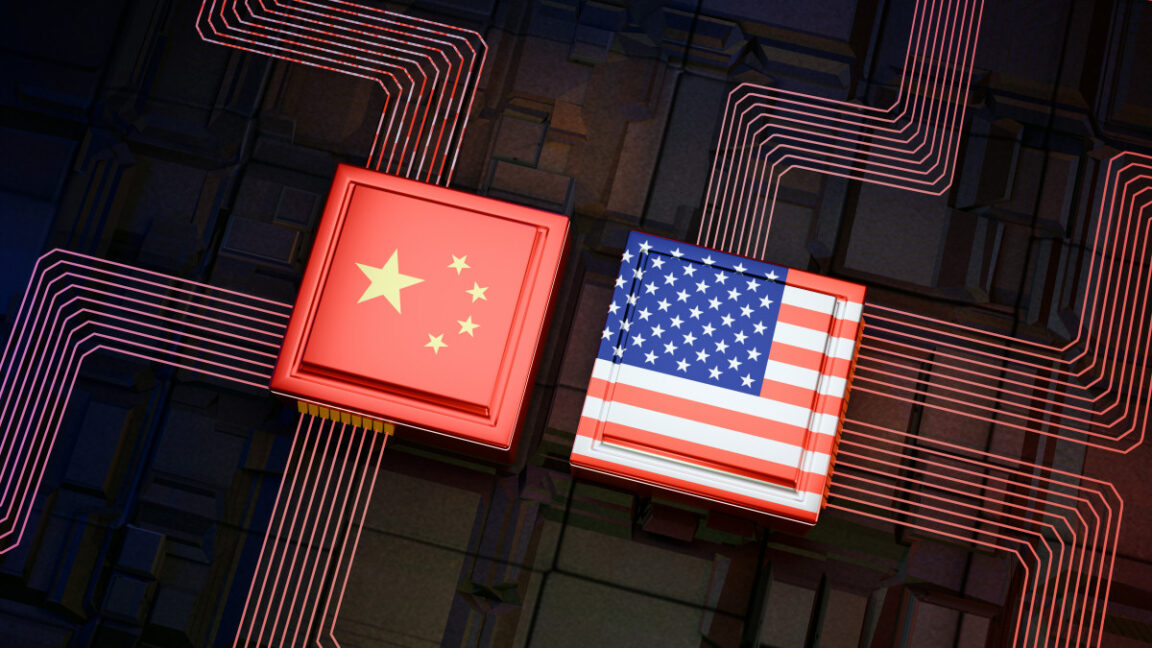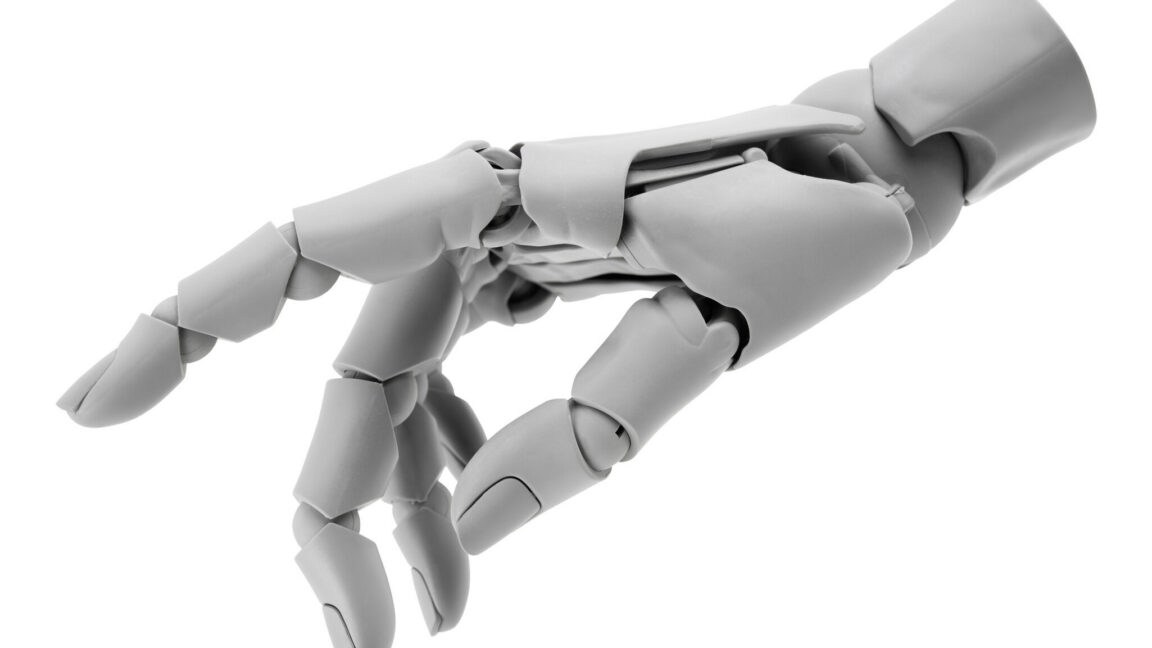Introduction to Nvidia’s New Manufacturing Plans
Nvidia announced plans today to manufacture AI chips and build complete supercomputers on US soil for the first time, commissioning over one million square feet of manufacturing space across Arizona and Texas. The politically timed move comes amid rising US-China tensions and the Trump administration’s push for domestic manufacturing.
Background on US-China Tensions and Tariffs
Nvidia’s announcement comes less than two weeks after the Trump administration’s chaotic rollout of new tariffs and just two days after the administration’s contradictory messages on electronic component exemptions. On Friday night, the US Customs and Border Protection posted a bulletin exempting electronics including smartphones, computers, and semiconductors from Trump’s steep reciprocal tariffs. But by Sunday, Trump and his commerce secretary Howard Lutnick contradicted this move, claiming the exemptions were only temporary and that electronics would face new "semiconductor tariffs" in the coming months.
Nvidia’s Manufacturing Plans
Nvidia says it has already begun producing its Blackwell chips at Taiwan Semiconductor Manufacturing Co’s (TSMC) facilities in Phoenix. Until now, the company’s AI chips have been manufactured exclusively in Taiwan, presenting geopolitical risks to the supply chain. The company is also setting up supercomputer manufacturing plants in Texas—partnering with Foxconn in Houston and Wistron in Dallas, with mass production expected to ramp up within 12 to 15 months.
Statement from Nvidia’s CEO
"The engines of the world’s AI infrastructure are being built in the United States for the first time," said Jensen Huang, Nvidia’s founder and CEO, in a news release. "Adding American manufacturing helps us better meet the incredible and growing demand for AI chips and supercomputers, strengthens our supply chain, and boosts our resiliency."
Partnership and Supply Chain
For chip packaging and testing operations, Nvidia is collaborating with Amkor and SPIL in Arizona. The supply chain for building the kinds of advanced GPUs that accelerate training and running AI models requires advanced manufacturing, packaging, and testing technologies that each partner works together to provide.
Recent Developments and Export Controls
The development also comes days after Nvidia reportedly avoided export controls on its H20 chip by striking a domestic manufacturing deal with the Trump administration. The H20 is Nvidia’s most powerful AI chip that can still be legally exported to China under current US restrictions; it’s designed with reduced specifications to comply with export controls while maintaining compatibility with Nvidia’s CUDA platform.
Conclusion
Nvidia’s decision to manufacture AI chips and supercomputers in the US is a significant move that aims to reduce geopolitical risks and strengthen its supply chain. With the company’s plans to commission over one million square feet of manufacturing space across Arizona and Texas, it is clear that Nvidia is committed to investing in domestic manufacturing. As the demand for AI chips and supercomputers continues to grow, Nvidia’s move is likely to have a positive impact on the US tech industry.
FAQs
- Q: Why is Nvidia manufacturing AI chips and supercomputers in the US?
A: Nvidia is manufacturing AI chips and supercomputers in the US to reduce geopolitical risks and strengthen its supply chain. - Q: Where will Nvidia’s manufacturing facilities be located?
A: Nvidia’s manufacturing facilities will be located in Arizona and Texas. - Q: What is the significance of Nvidia’s H20 chip?
A: The H20 is Nvidia’s most powerful AI chip that can still be legally exported to China under current US restrictions. - Q: How will Nvidia’s decision to manufacture in the US affect the company’s supply chain?
A: Nvidia’s decision to manufacture in the US will strengthen its supply chain and reduce geopolitical risks. - Q: When is mass production of supercomputers expected to ramp up?
A: Mass production of supercomputers is expected to ramp up within 12 to 15 months.











